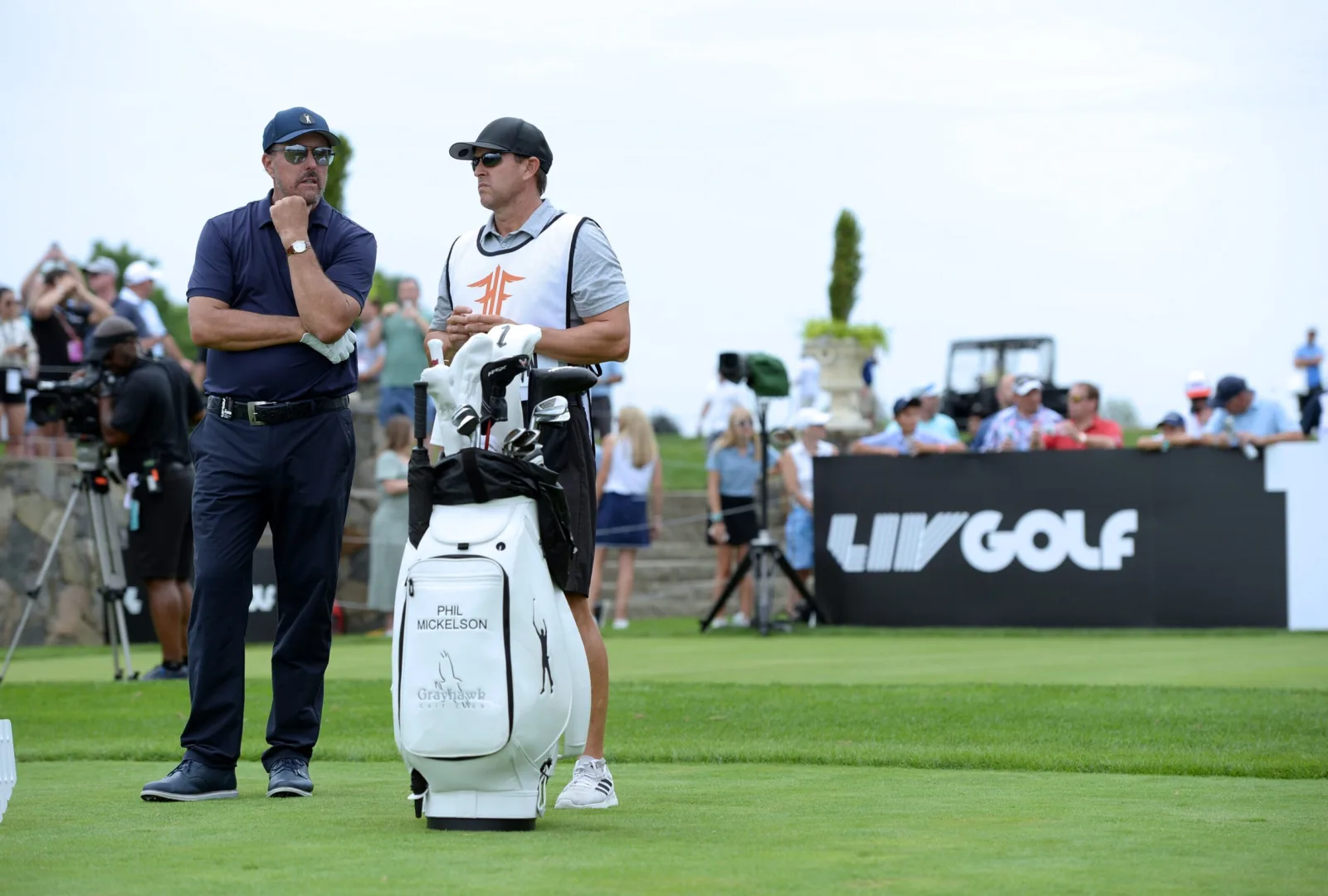The Perils of Sportswashing & Greenwashing for U.S. Foreign Policy
Authoritarian regimes are increasingly turning towards sports & green energy to launder their reputations abroad. They have hosted a number of major international sporting events, including the Olympics and the World Cup, and have made sizable investments in international sports – including soccer, Formula 1 racing, and golf – in what has been dubbed “sportswashing”. Authoritarian regimes have also ramped up marketing of their regimes’ environmental sustainability initiatives, while minimizing their actual deleterious impacts on the environment. Perhaps the most egregious example of this “greenwashing” is the United Arab Emirates – whose economy is driven by fossil fuels – currently hosting the COP 28 Climate Change Conference. The Quincy Institute held an important discussion on this topic with Sarah Leah Whitson, Executive Director of Democracy for the Arab World Now (DAWN), Sunjeev Bery, Director of Freedom Forward, and Joey Shea, Researcher at Human Rights Watch. Ben Freeman, Director of the Democratizing Foreign Policy Program at the Quincy Institute, moderated.
Program
Panelists
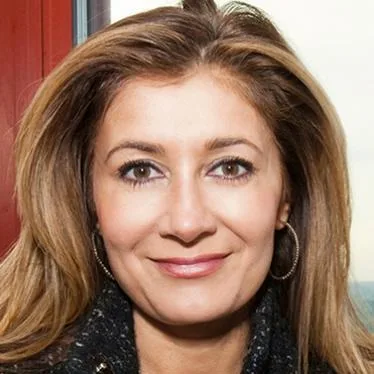
Sarah Leah Whitson
Sarah Leah Whitson is the Executive Director of Democracy for the Arab World Now (DAWN). Previously, she served as executive director of Human Rights Watch's Middle East and North Africa Division from 2004 – 2020, overseeing the work of the division in 19 countries, with staff located in 10 countries. Whitson has led dozens of advocacy and investigative missions throughout the region, focusing on issues of armed conflict, accountability, legal reform, migrant workers, and human rights. She has published widely on human rights and foreign policy in the Middle East in international and regional media, including The New York Times, Foreign Affairs, The Washington Post, Foreign Policy, The Los Angeles Times, and CNN.
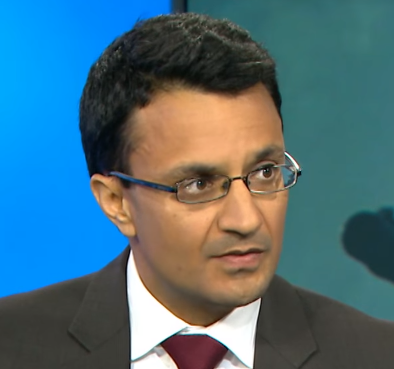
Sunjeev Bery
Sunjeev Bery serves as director of Freedom Forward. Previously, Bery served as advocacy director for the Middle East and North Africa (MENA) at Amnesty International USA, where he lobbied U.S. officials, diplomats, and officeholders regarding human rights concerns across the MENA region; as a regional director for the American Civil Liberties Union, where his work included advocacy on post-9/11 security policies; as a public interest lobbyist on student financial aid issues in Washington, DC; and as a fundraiser for environmental and human rights organizations. His commentaries on U.S. foreign policy and human rights have appeared in a range of U.S. newspapers and publications.
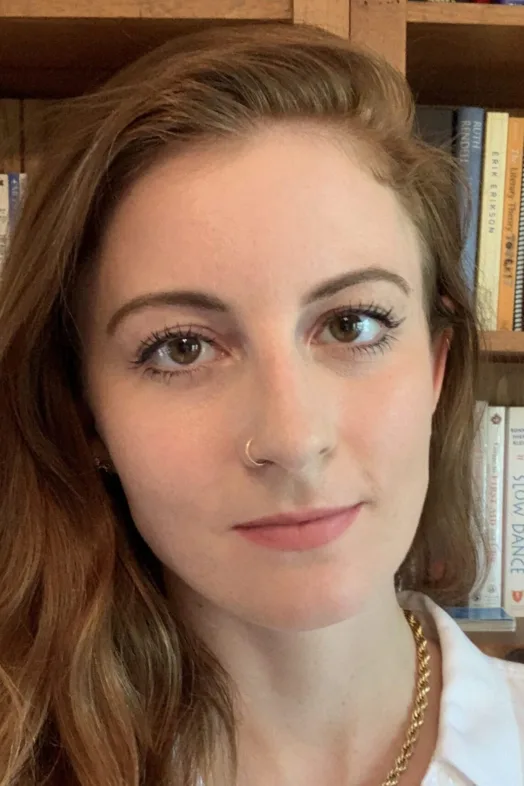
Joey Shea
Joey Shea is a researcher in the Middle East and North Africa Division investigating human rights abuses in Saudi Arabia and the United Arab Emirates. Prior to joining Human Rights Watch, Shea was a non-resident scholar at the Middle East Institute focusing on digital information controls and operations, security, political violence, and the human rights impact of technology across the Middle East and North Africa. She was also a Non-Resident Research Fellow at the Tahrir Institute for Middle East Policy (TIMEP) and has consulted for SMEX, the Egyptian Commission for Rights and Freedoms, and the World Bank.
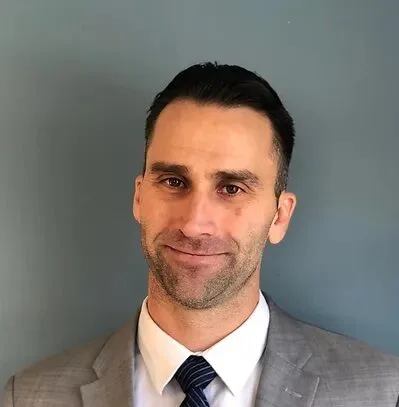
Ben Freeman
Ben Freeman is Director of the Democratizing Foreign Policy program at the Quincy Institute for Responsible Statecraft. His work focuses on how foreign governments seek to influence American government and politics. This work builds upon his book, "The Foreign Policy Auction", which was the first book to systematically analyze the foreign influence industry in the U.S. Previously, he was Director of the Foreign Influence Transparency Initiative at the Center for International Policy. His work has appeared in numerous media outlets, including the New York Times, Politico, and CNN, and he has testified before the Senate Armed Services Committee.

